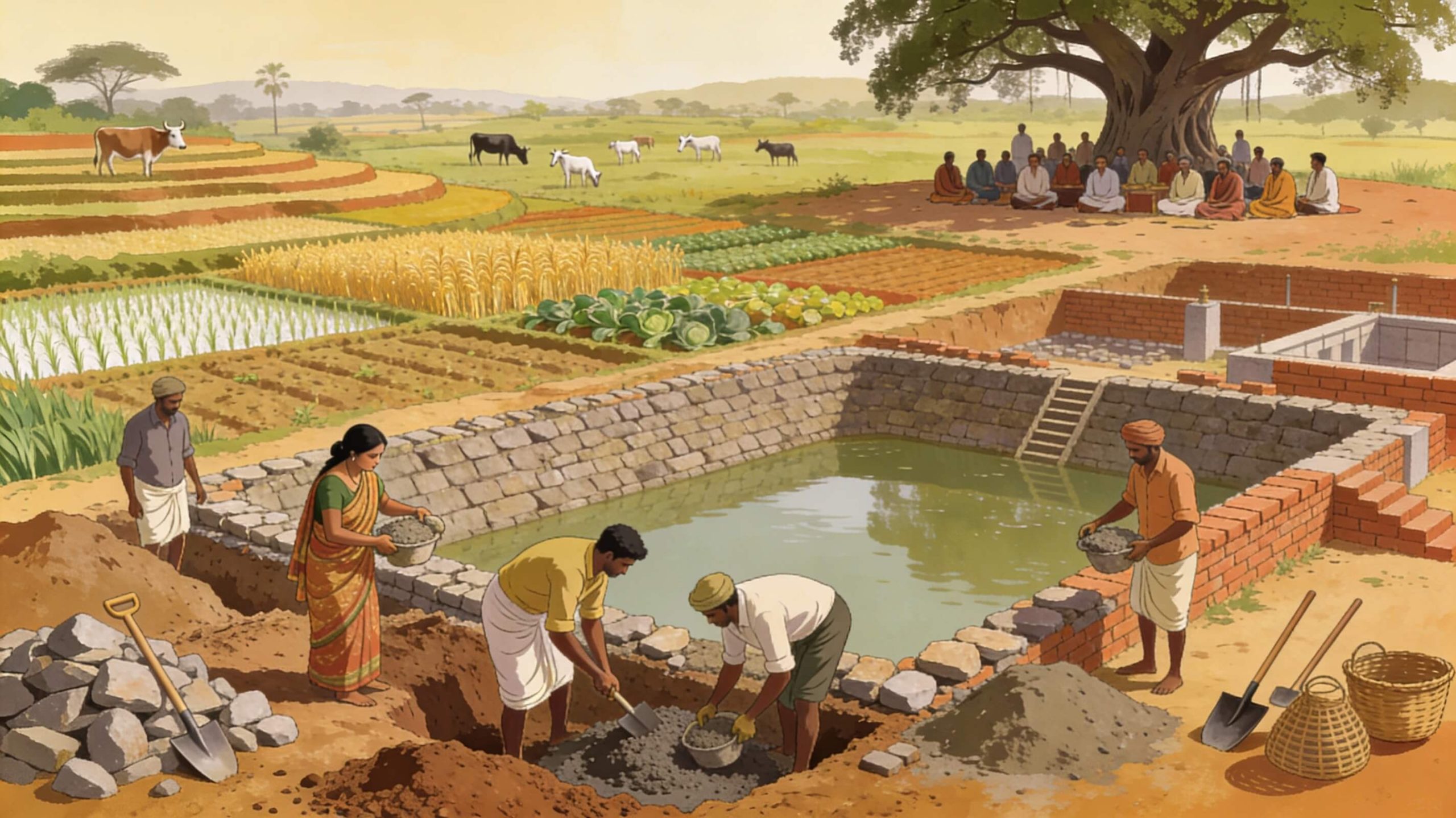The recent trade talks between the United States and India have put maize, also known as corn, in the spotlight. The U.S. government aims to lower import tariffs on maize, particularly on genetically modified (GM) varieties. As the world’s leading maize exporter, the U.S. is eager to tap into India’s maize market. However, India has strict regulations against GM maize, limiting its use mainly to ethanol blending.
Currently, India imposes a 15% tariff on maize imports up to 500,000 metric tons annually. Some government departments, including the Ministry of Agriculture, are concerned that reducing these import duties could hurt local maize farmers. They argue that many farmers rely on prices that exceed minimum support levels due to the current demand for maize. If cheaper imports flood the market, it could make domestic maize farming less viable.
On the other hand, some trade analysts believe that reducing maize tariffs may not be as concerning as it appears. They argue that India has previously allowed zero-duty imports from other countries, such as Ukraine and Myanmar. These experts claim that imports could help stabilize the maize supply in India, especially with the increasing demand for ethanol.
Dr. C.K. Jain, President of the Grain Ethanol Manufacturers Association, opposes the introduction of GM maize imports. He warns that allowing these imports would harm the livelihoods of millions of small farmers in India, undermining the country’s goal of self-reliance in agriculture. Jain notes that the grain-based ethanol sector has significantly benefited farmers in recent years. For example, maize prices have increased from ₹14-₹15 per kilogram two years ago to ₹20-₹22 per kilogram today. This growth shows real income gains for farmers, and Jain believes this positive trend should be protected rather than disrupted by imports.
To address concerns about the upcoming trade negotiations, Jain suggests focusing on supporting the development of hybrid maize seeds domestically and providing price assurances to farmers. He emphasizes that the goal should be to strengthen local agriculture rather than relying on imports.
These discussions are happening in a broader context of U.S.-India trade relations. The U.S. is pushing for more access to India’s agricultural market, and maize is one of the key products under negotiation. The outcome of these talks could significantly impact India’s food security and the livelihoods of its farmers.
In conclusion, while the U.S. seeks to reduce tariffs on maize imports, there are significant concerns from Indian officials and farmers about the potential consequences. The focus should remain on supporting local farmers and ensuring the stability of domestic agriculture. The outcome of these trade talks will shape the future of India’s maize market and its ethanol industry. As these negotiations continue, it is vital to balance the interests of both countries while protecting local livelihoods.




